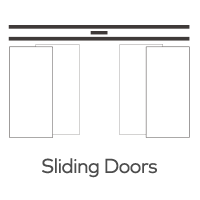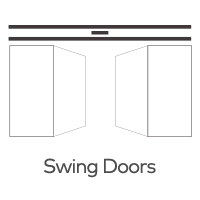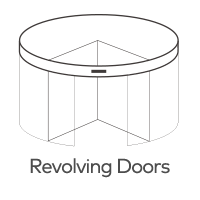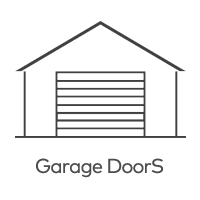How do the requirements and features differ between automatic doors used in residential and commercial settings?
Automatic doors have become integral to modern living, providing seamless access and convenience in both residential and commercial environments. However, the requirements and features of automatic doors can significantly differ based on the distinct needs of these settings. In this article, we explore the contrasting aspects that define automatic doors in residential and commercial applications.
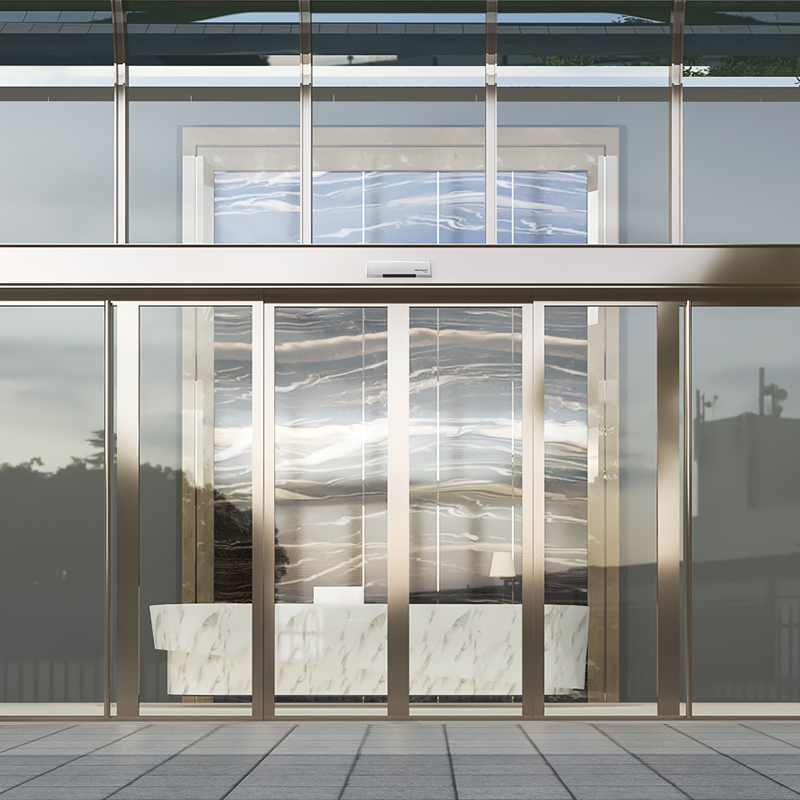
1. Traffic Volume and Patterns:
Residential: In residential settings, the traffic volume tends to be lower and more sporadic. Automatic doors for homes prioritize individual convenience and are typically designed for occasional use. Commercial: Commercial spaces experience higher and more consistent foot traffic. Automatic doors in these settings must accommodate continuous entries and exits, often demanding sturdier constructions and faster response times.
2. Size and Configuration: Residential:
Residential automatic doors are commonly designed for single-family homes or apartments, with standard sizes catering to individual or family use. Commercial: In contrast, commercial automatic doors come in a variety of configurations, including sliding, swinging, and folding options. They are available in larger sizes to accommodate diverse entryways and various types of commercial establishments.
3. Security Features: Residential:
Security in residential automatic doors often centers around preventing unauthorized access. Smart access control features and robust locking mechanisms are crucial. Commercial: Commercial automatic doors require advanced security features, including surveillance integration, access control systems, and durable locking mechanisms to safeguard against theft, vandalism, or unauthorized entry.
4. Aesthetics and Design:
Residential: Aesthetic considerations play a significant role in residential automatic doors. Homeowners often seek doors that complement the architectural style of their homes, with a focus on design and aesthetics. Commercial: While design is essential in commercial settings, functionality often takes precedence. Commercial automatic doors must align with the brand image but prioritize durability and performance to withstand the demands of high-traffic areas.
5. Energy Efficiency:
Residential: Energy-efficient features are increasingly valued in residential automatic doors. This includes insulation properties and options for minimizing heat loss or gain. Commercial: In commercial spaces, energy efficiency is critical for sustainability and cost savings. Doors may incorporate technologies like motion sensors and timers to optimize energy consumption based on foot traffic.
6. Installation and Maintenance:
Residential: Installation of residential automatic doors is generally simpler, and maintenance requirements are typically lower compared to commercial counterparts. Commercial: Commercial automatic doors often require professional installation due to their complexity and size. Regular maintenance is crucial to ensure optimal performance, given the higher usage and wear and tear.
7. Accessibility Compliance:
Residential: While accessibility is important, residential automatic doors may not be subject to the same stringent compliance standards as commercial doors. Commercial: Compliance with accessibility standards is a legal requirement for commercial establishments. Commercial automatic doors must adhere to regulations such as the Americans with Disabilities Act (ADA) to ensure inclusivity.
Conclusion:
The distinctions between automatic doors in residential and commercial settings reflect the unique demands and priorities of each environment. While residential doors emphasize aesthetics, security, and individual convenience, commercial doors prioritize durability, high traffic management, and adherence to strict regulations. Recognizing these differences ensures that automatic doors are tailored to meet the specific needs of their respective settings, contributing to enhanced functionality, safety, and overall user experience.


